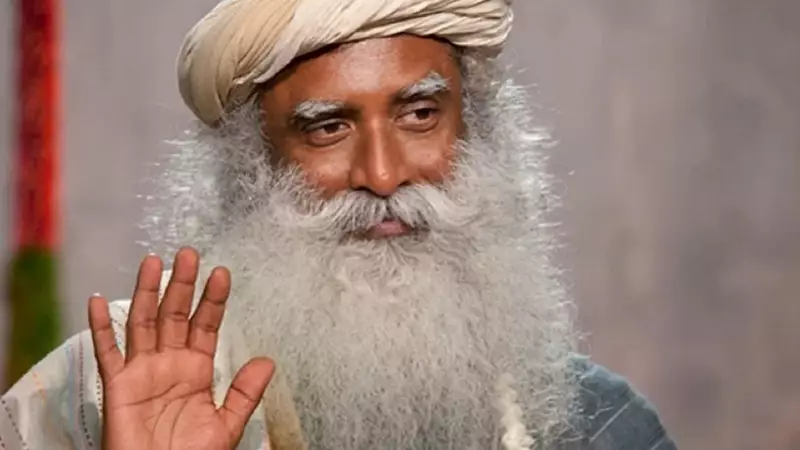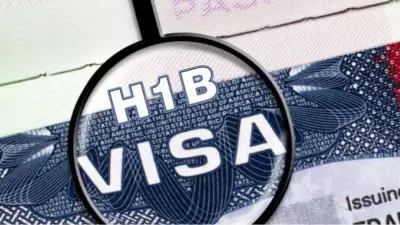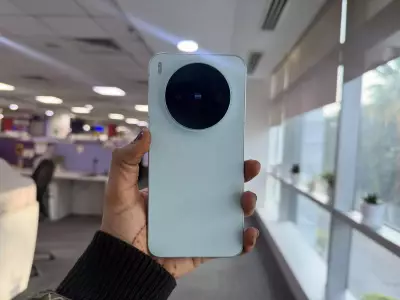
In a significant move against the rising threat of artificial intelligence misuse, the Delhi High Court has issued a direct order to tech giant Google to immediately remove deepfake content featuring renowned spiritual leader Sadhguru Jaggi Vasudev.
The court's decisive action comes as concerns mount over the proliferation of AI-generated synthetic media that can convincingly impersonate public figures. This case represents one of the first major legal interventions in India addressing the dangerous potential of deepfake technology.
Legal Battle Against Digital Impersonation
The court proceedings revealed that multiple deepfake videos featuring Sadhguru's likeness were circulating online, potentially misleading his millions of followers worldwide. These AI-generated creations could damage the spiritual leader's reputation and create confusion among his devotees.
Justice Sanjeev Narula, presiding over the case, emphasized the urgent need to address such digital violations, stating that the court cannot remain a mute spectator when technology is weaponized against individuals.
Google's Responsibility in Content Moderation
The ruling places significant responsibility on digital platforms like Google to actively monitor and remove malicious AI-generated content. The court directed Google to implement necessary measures to prevent the re-upload of similar deepfake material targeting Sadhguru.
This decision sets an important precedent for how Indian courts will handle cases involving emerging technologies and their potential for harm. It also signals to other tech companies that they must be more vigilant in policing their platforms for AI-generated impersonations.
Growing Concern Over Deepfake Technology
The case highlights the escalating global anxiety surrounding deepfake technology, which has become increasingly sophisticated and accessible. From political manipulation to personal defamation, the potential for harm is substantial.
Legal experts suggest this ruling could pave the way for more comprehensive regulations governing AI-generated content in India. As technology evolves faster than legislation, courts are increasingly being called upon to fill the regulatory gap.
The Delhi High Court's proactive stance demonstrates the Indian judiciary's recognition of the urgent need to protect individuals from digital impersonation and maintain the integrity of public discourse in the age of artificial intelligence.





